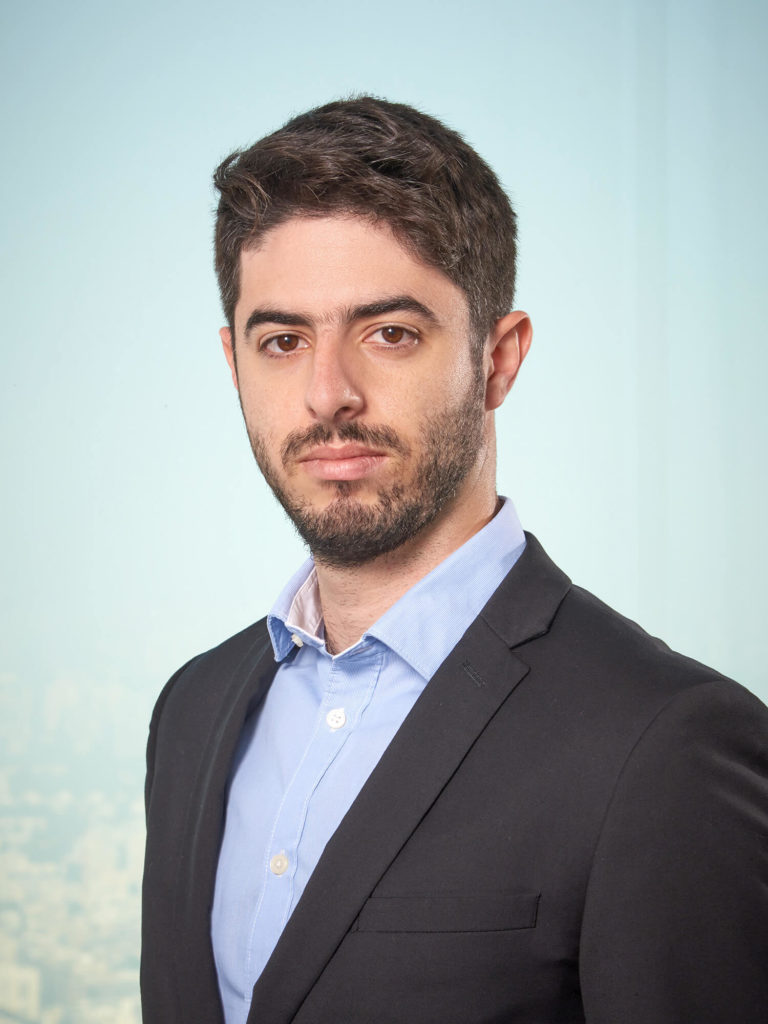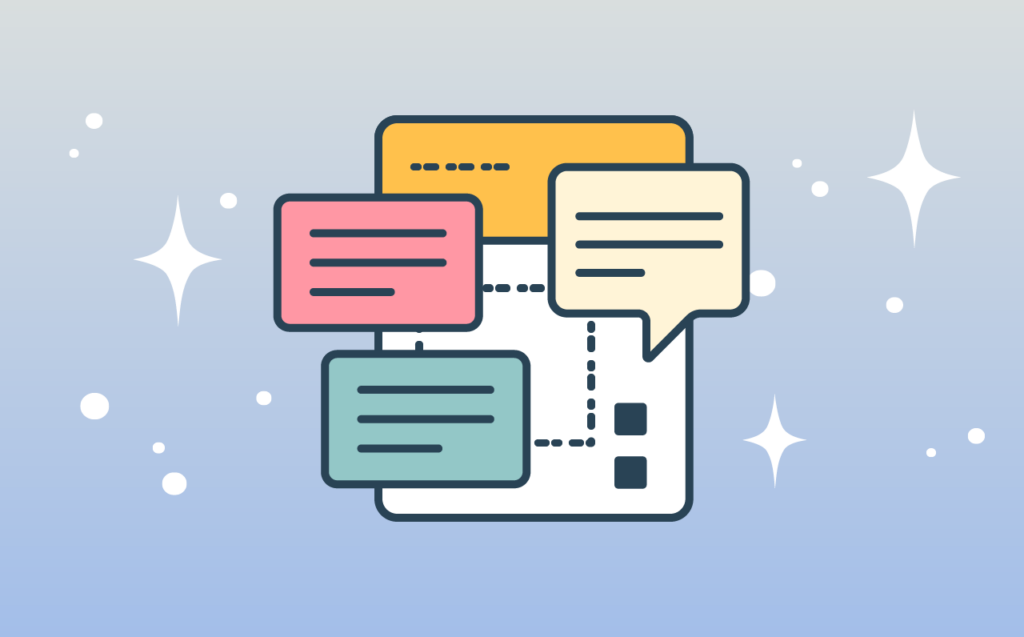One thing I love about NatCon is the focus on innovation. Through all three days at NatCon24, I was continually struck by the vibrant progression of technology in behavioral health.
Reflecting back on the behavioral health AI landscape when Eleos Health first brought our platform to market, it’s nothing short of exhilarating to see how much has changed in just five years. Our early belief at Eleos was that the integration of AI into behavioral health would become essential; now, this idea is widely accepted as truth across the industry.
From Vision to Reality: The Rise of AI in Behavioral Health
In those early days, we at Eleos Health were pioneers in weaving AI into the fabric of behavioral health workflows. We called it “augmented intelligence”—because the goal was always to augment the care of human providers, rather than replace it.
This year at NatCon, it was clear that augmented intelligence has blossomed into a full-fledged tech category. AI was no longer a novel idea, but a fundamental aspect of discussion at every panel and workshop. The dialogue shifted from whether AI should be used, to how leaders can identify the right solutions amid the growing noise in the market. Differentiation is the name of the game.
Today’s behavioral health executives are not just familiar with AI; they’ve grown sophisticated in their understanding of the immense potential of this technology—seeking to sift through the “AI dust” to find the diamonds: the genuine, enterprise-ready solutions that can provide real value and rise above the commodity hype. And they’re doing it at a remarkable pace: a recent industry report revealed AI adoption in health care is expected to rise at a compound annual growth rate (CAGR) of 46.2% from 2021 to 2028.
With accuracy/reliability, ROI, and security/privacy cited as the three biggest barriers to AI adoption in the 2023 KLAS Research Generative AI report, the solutions that will ultimately rise above the rest must have clear answers to those challenges:
- To ensure the accuracy and reliability of their output, AI tools must leverage behavioral health-specific models that were purpose-built with nuance and clinical relevance in mind—and trained using large datasets of real-world sessions.
- To deliver measurable ROI as quickly as possible, AI platforms must integrate seamlessly with existing tech systems and provider workflows. They must be lightweight, requiring as little IT work as possible. And perhaps most importantly, to be embraced by already time-strapped behavioral health providers, they must be intuitive and easy to use.
- To assuage fears over data privacy and security—a constant concern for any health IT leader, especially when it comes to emerging technologies—AI companies must demonstrate an unwavering commitment to not only the right infrastructure and certifications, but also the right internal people to direct those efforts (a.k.a. an experienced in-house CISO).
Eleos Health checks all of those boxes (and more), which is part of why we’ve gained such a strong foothold in the industry. Still, I think it’s important to remember that AI isn’t a magic bullet. It’s a tool that, when used the right way—guided by human expertise—can help organizations solve real business problems. Going back to the idea of augmented intelligence, AI should be looked at as a way to help people across behavioral health organizations do their jobs better and more efficiently. That’s the kind of AI we’re focused on at Eleos, and from what I gathered at NatCon24, that’s the kind of AI behavioral health leaders are seeking out.
AI and Advocacy: A Combined Solution to the Workforce Crisis
The gap between the demand for behavioral health services and the available workforce continues to widen, a theme that reverberated throughout NatCon24 sessions and discussions. In the next 15 years, there will be a shortage of nearly 70,000 mental health counselors alone.
The consensus is clear: increasing funding for behavioral health, enhancing salaries and benefits, and incentivizing more individuals to enter the therapeutic fields will be crucial. Many of these initiatives require a collective, industry-wide effort to advocate pro-behavioral health policy at the state and national levels.
However, technology—especially AI—also will play a vital role in bridging the workforce gap. By automating administrative tasks and enhancing clinical decision-making, AI allows therapists to focus more on patient care and less on bureaucracy—ultimately making them more efficient, effective, and satisfied in their day-to-day jobs.
From the Front Office to the Back Office: Expanding AI Use Cases
Most of today’s AI solutions focus on direct clinical applications, but that’s changing—and fast. We’re already starting to see a visible expansion into AI for back-office operations. Based on what I heard at NatCon24, this represents the next big frontier for AI in behavioral health.
Our experience at Eleos Health mirrors this shift. Even as we grow our platform to support a wider array of use cases for the “front office”—individual therapy sessions, case management, intakes, etc.—we’re already building toward AI integration into back-office areas like compliance and claims management.
This brings the impact of AI technology full circle, empowering organizations to optimize not only the health of their communities, but also their own financial health.
My experience at NatCon24 reinforced my belief that the future of behavioral health hinges on innovative technologies like AI. This year’s discussions not only highlighted the advancements we’ve made, but also the challenges that still lie ahead in scaling these solutions effectively and responsibly. As we continue to lead and innovate, our mission remains clear: to harness the power of AI to transform behavioral health, making high-quality care accessible for all.
As we look to the future, it’s inspiring to see the community come together to embrace these changes. I’m grateful for the insightful exchanges with fellow leaders and innovators at NatCon24, and I eagerly anticipate what the next year will bring. The journey of transforming behavioral health is long and complex, but with each conference and each conversation, we are collectively moving toward a more effective and equitable healthcare system.

